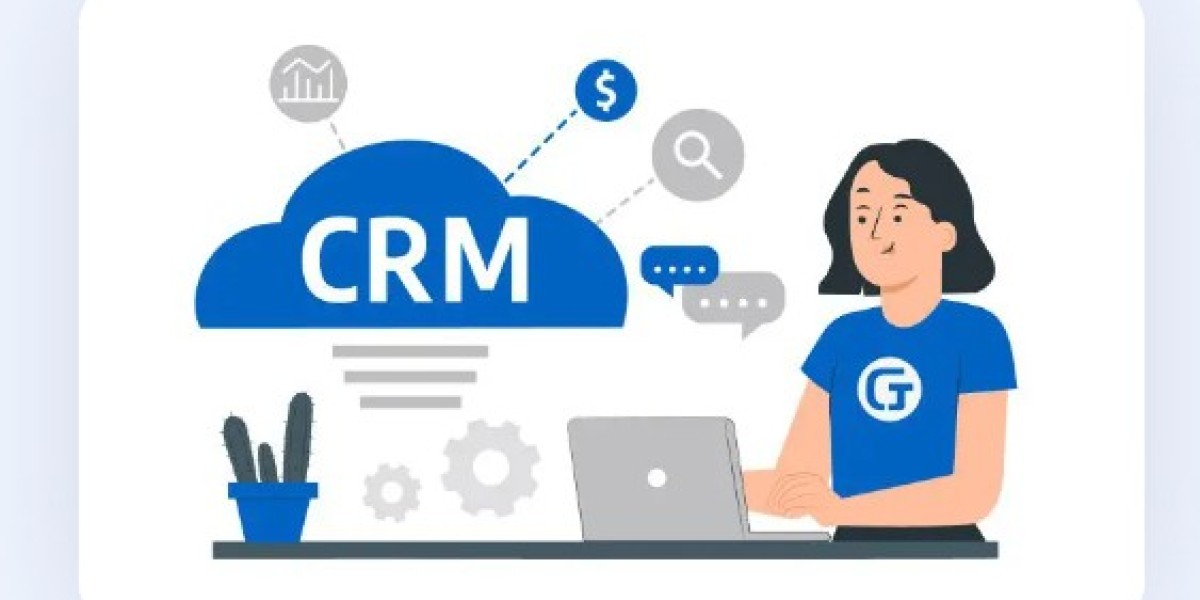Building your own CRM (Customer Relationship Management) system offers the advantage of customization, allowing you to tailor the platform to your specific business needs. However, as you embark on the journey of building your own CRM, it's crucial to prioritize data security and compliance.
The Importance of Data Security
Data security is paramount when handling customer information. Failure to adequately protect customer data can result in breaches, reputational damage, legal repercussions, and loss of customer trust. Here's why data security should be a top priority when building your own CRM:
Legal Obligations: Many countries and regions have strict data protection laws, such as GDPR in Europe and CCPA in California. Non-compliance can lead to hefty fines.
Trust and Reputation: A data breach or mishandling of customer data can severely damage your company's reputation and erode customer trust.
Financial Impact: Data breaches and security incidents can be costly to remediate, including expenses related to investigations, notifications, and legal actions.
Competitive Advantage: Demonstrating a commitment to data security can be a competitive advantage, as customers are more likely to trust businesses that safeguard their information.
Key Data Security Measures for Your Self-Built CRM
When building your own CRM, consider the following data security measures:
Access Control: Implement strict access controls to ensure that only authorized personnel have access to sensitive customer data. Use role-based access control (RBAC) to restrict access based on job roles.
Data Encryption: Encrypt data both in transit and at rest. Use secure protocols (HTTPS) and encryption algorithms (AES) to protect data from interception or theft.
Authentication: Require strong, multi-factor authentication for CRM access. This includes secure password policies and biometric authentication if possible.
Regular Updates and Patching: Keep all software components of your CRM up to date, including the underlying operating system, databases, and web servers, to patch vulnerabilities.
Data Backups: Implement automated, regular data backups with redundancy. Test the restoration process to ensure data can be recovered in case of data loss or ransomware attacks.
Monitoring and Logging: Set up continuous monitoring of your CRM system for suspicious activities. Maintain logs of user actions and system events for auditing and incident response.
Incident Response Plan: Develop and document an incident response plan that outlines steps to take in the event of a data breach or security incident.
Data Compliance Considerations
Compliance with data protection regulations is crucial. Here's how to address compliance when building your own CRM:
Data Mapping: Identify all the data you collect, store, and process within your CRM. Understand where data originates, how it's used, and who has access to it.
Privacy by Design: Integrate data protection measures into the design of your CRM. Minimize data collection to what's necessary, and implement features like data anonymization and user consent mechanisms.
Consent Management: If applicable, provide clear and granular consent mechanisms for data collection and processing. Ensure users can easily withdraw their consent.
Data Subject Rights: Be prepared to honor data subject rights, such as the right to access, rectify, or delete personal data. Develop procedures for handling data subject requests.
Data Transfer Safeguards: If data is transferred internationally, ensure compliance with international data transfer regulations. Consider using standard contractual clauses or other approved mechanisms.
Regular Audits and Assessments: Conduct regular data protection impact assessments (DPIAs) and audits to identify and mitigate privacy risks.
Documentation: Maintain detailed documentation of your data processing activities, security measures, and compliance efforts.
Conclusion
Building your own CRM is an exciting endeavor, but it comes with significant responsibilities regarding data security and compliance. Prioritizing these aspects will not only protect your customers' sensitive information but also safeguard your company's reputation and ensure compliance with legal requirements. Building your own CRM isn't just about features; it's about building a platform that respects and protects the privacy and security of your customers' data. By following best practices and maintaining a proactive approach to data security and compliance, you can create a CRM that not only meets your business needs but also adheres to the highest standards of data protection.



